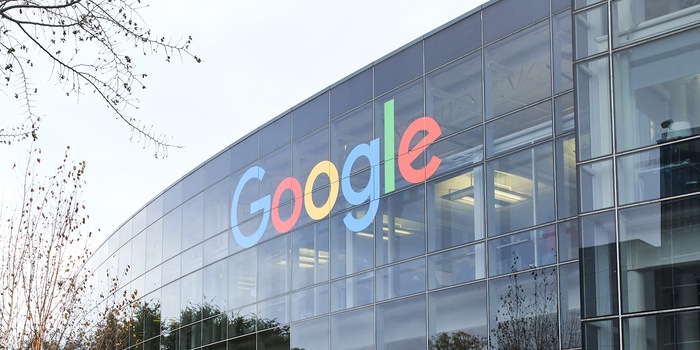
AI pioneer quits Google to warn of the risks of AI
Dr Geoffrey Hinton has spent fifty years developing the technology behind chatbots such as ChatGPT. Now he is resigning from Google to warn of the consequences of artificial intelligence.
As a pioneer of artificial intelligence, Geoffrey Hinton is now one of the critical voices of this technology. Hinton worked at Google for over ten years and was a respected voice in the field of AI long before that. Now he has resigned in order to speak freely about its risks. He looks back on his life's work with some sadness.
"I console myself with the usual excuse: if I hadn't done it, someone else would have done it," says Hinton in an extensive interview with the New York Times. The now 75-year-old Briton has long been convinced of the development and use of AI. He now believes that the rapid development of AI, which can be found in chatbots such as ChatGPT, is heading towards major dangers.
Hinton's work goes back a long way
Hinton laid the foundations for the development of artificial intelligence as a doctoral student at the University of Edinburgh back in 1972. He researched neural systems for the explanation and simulation of intelligence
In 2012, together with two of his students, Ilya Sutskever and Alex Krishevsky, he developed a neural network in Toronto that can analyse thousands of photos and teach itself to recognise objects such as flowers, dogs and cars. The system is leading to the development of increasingly powerful technologies that are also used in ChatGPT from OpenAI and Google Bard.
Google, OpenAI and other companies are continuing to research the development of neural networks that learn from large volumes of digital text. Hinton sees the huge potential behind this. However, he believes that humans will always be ahead of these technologies.
This will change in 2022, when Google and OpenAI develop technologies that utilise much larger amounts of data. Hinton now fears that what goes on behind these systems could actually be better than what goes on in the brain. He sees the rapid development of the last five years as extreme. Almost frightening.
Hinton still stands behind Google until his resignation. He says the company managed the technology responsibly and always took care not to do anything that could cause harm. Now, however, Microsoft has added a chatbot to its Bing search engine. This has created major competition and Google now wants to use the same type of technology. According to Hinton, this puts the tech giants in a competition that may be unstoppable.
Artificial intelligence harbours many dangers
Hinton's biggest current concern is that the internet is being flooded with fake photos, videos and texts. As a result, people are no longer able to recognise what is true.
The labour market could also be taken over by AI technologies. So far, it's only chatbots. In the future, they could be paralegals, assistants, translators and other routine tasks. These are still rather tedious tasks, but that could change quickly.
The often unexpected behaviours that AI systems learn are problematic. Hinton fears the day when individuals and companies allow AI systems not only to create their own computer codes, but also to execute the codes themselves. Hinton now thinks that such systems could become smarter than humans and even create weapons. Too much science fiction? In an interview from 1 March, Hinton (from minute 31) explains his train of thought.
Many other experts consider the dangers to be hypothetical. However, Hinton believes the race between Google and Microsoft could escalate quickly. His hope is that the world's leading scientists will work together to regulate and control the technology globally. A difficult endeavour.
Cover photo: ShutterstockIn my world, Super Mario chases Stormtroopers with a unicorn and Harley Quinn mixes cocktails for Eddie and Peter at the beach bar. Wherever I can live out my creativity, my fingers tingle. Or maybe it's because nothing flows through my veins but chocolate, glitter and coffee.